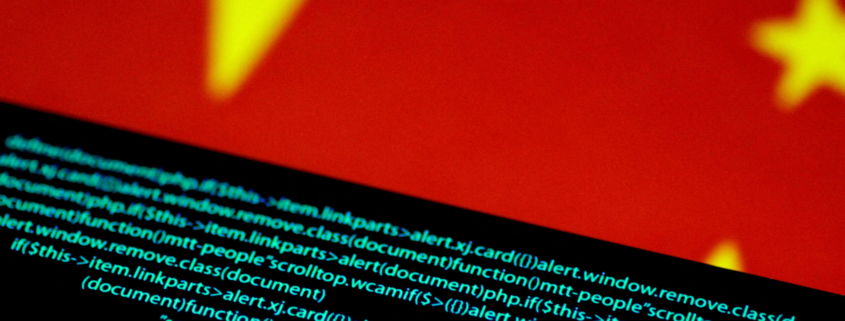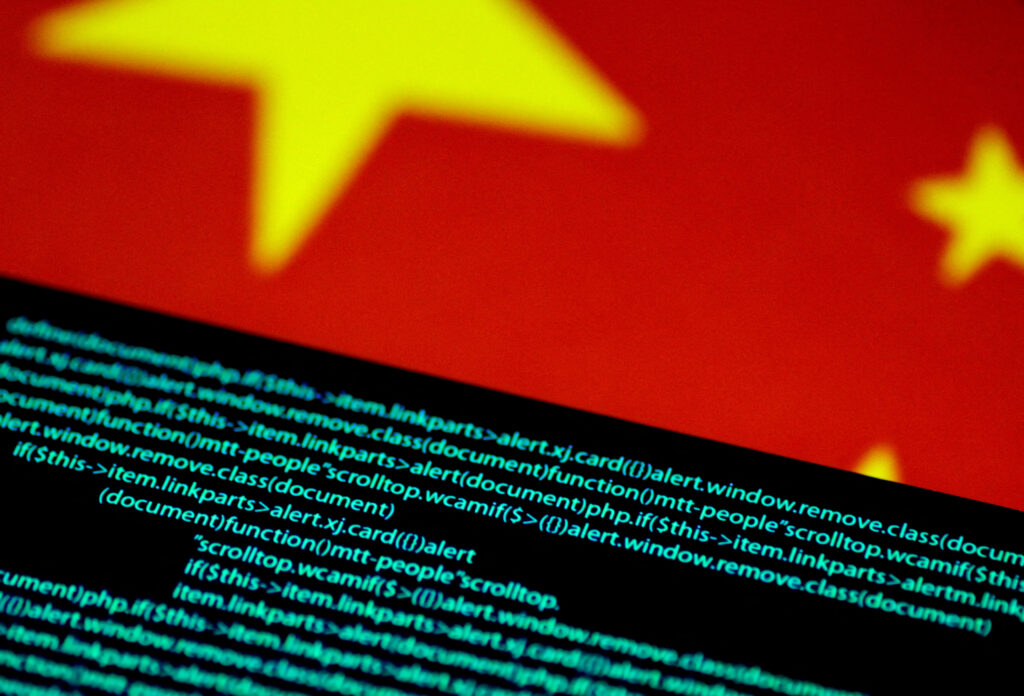The News
The Biden administration is launching an investigation into national security risks posed by “connected” vehicles — cars linked to the internet — that use Chinese technology. Officials will weigh potential restrictions on the products to head off spying, hacking, or data collection.
Led by the Commerce Department, the investigation will solicit public comments over the next 60 days about risks posed by connected vehicles, which include electric vehicles, that use technology from China or other “countries of concern.” Ultimately, the administration could enact bans or “mitigating measures” to address any risks, a senior Biden administration official said, though officials are not currently promising to take any actions.
“Connected vehicles that have technologies sourced from China could be exploited in ways that threaten U.S. national security,” White House National Economic Council Director Lael Brainard told reporters. “The president believes it’s important for the United States to consider imposing safeguards to guard against connected vehicles operating on U.S. roads from relying on information and communication technology from China and other countries of concern.”
Commerce Secretary Gina Raimondo said the administration has a “high level of concern” about risks of Chinese-made connected vehicles and wants to act “before Chinese-manufactured vehicles become widespread in the United States and potentially threaten our privacy and our national security.”
The announcement is likely to inflame tensions with China, which has criticized U.S. curbs on semiconductors and other advanced technology the Biden administration says are motivated by national security considerations.
Know More
The investigation will be run by Commerce’s Bureau of Industry and Security, which is putting out an “advanced notice of proposed rulemaking” to solicit public input about potential risks from foreign-made technology in connected vehicles. The administration is taking the action under authorities provided by a Trump-era executive order.
The Biden administration is specifically looking at connected vehicles made with technology from China, even if those vehicles…
Source…




